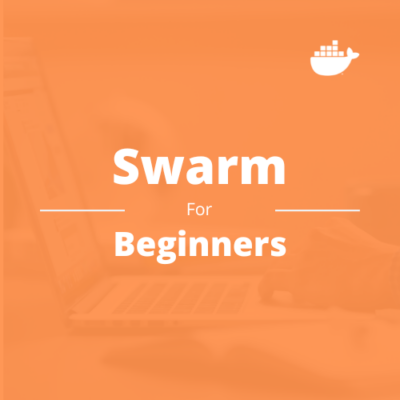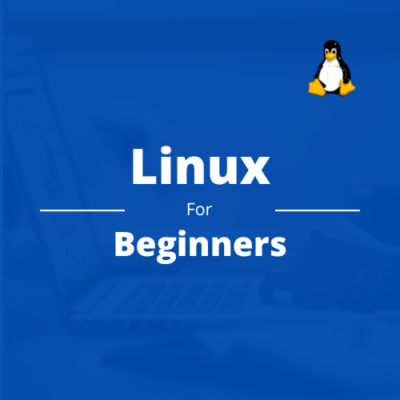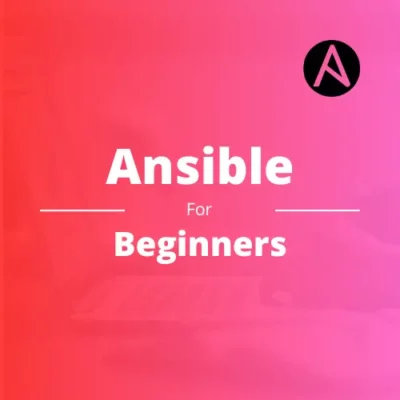Are you interested in mastering the fundamentals of container orchestration and revolutionizing your approach to deploying and managing applications? Look no further! Our "Kubernetes for Beginners" course is designed to provide you with a comprehensive introduction to Kubernetes, the leading container orchestration platform.
Overview
Overview
- Introduction to Containers: Understand the concept of containers and their advantages in application deployment. Explore popular containerization technologies, with a focus on Docker.
- Container Orchestration Basics: Grasp the challenges of managing multiple containers in a production environment. Learn the need for container orchestration and the role it plays in modern DevOps practices.
- Introduction to Kubernetes: Dive into the history and architecture of Kubernetes. Explore the key components, such as Pods, Nodes, and the Control Plane.
- Setting Up Kubernetes: Hands-on experience with installing and configuring Kubernetes on local environments. Understand different installation options, including local clusters and cloud-based solutions.
- Kubernetes Objects: Learn about essential Kubernetes objects like Deployments, Services, and ConfigMaps. Understand how these objects define the desired state of your application.
- Pods and ReplicaSets: Explore the concept of Pods and how they encapsulate one or more containers. Understand ReplicaSets and how they ensure the desired number of Pod instances are running.
- Services and Networking: Delve into Kubernetes networking principles and services. Learn how to expose applications within and outside the cluster.
- Persistent Storage: Understand storage options in Kubernetes, including Volumes and Persistent Volumes. Explore how to manage data in stateful applications.
- Scaling and Updates: Learn how to scale applications horizontally and vertically. Explore strategies for updating applications without downtime.
- Managing Configurations: Understand ConfigMaps and Secrets for managing configuration data. Explore best practices for handling sensitive information securely.
Course Features
- Lectures 32
- Quiz 0
- Duration 2 hrs
- Skill level All levels
- Language English
- Students 163
- Certificate Yes
- Assessments Yes
Curriculum
Curriculum
Requirements
- Basic understanding of container concepts (Docker knowledge is beneficial but not required).
- Familiarity with Linux command line.
Target audiences
- Developers, System Administrators, and DevOps Engineers.
- Anyone interested in container orchestration and improving the scalability and reliability of their applications.





